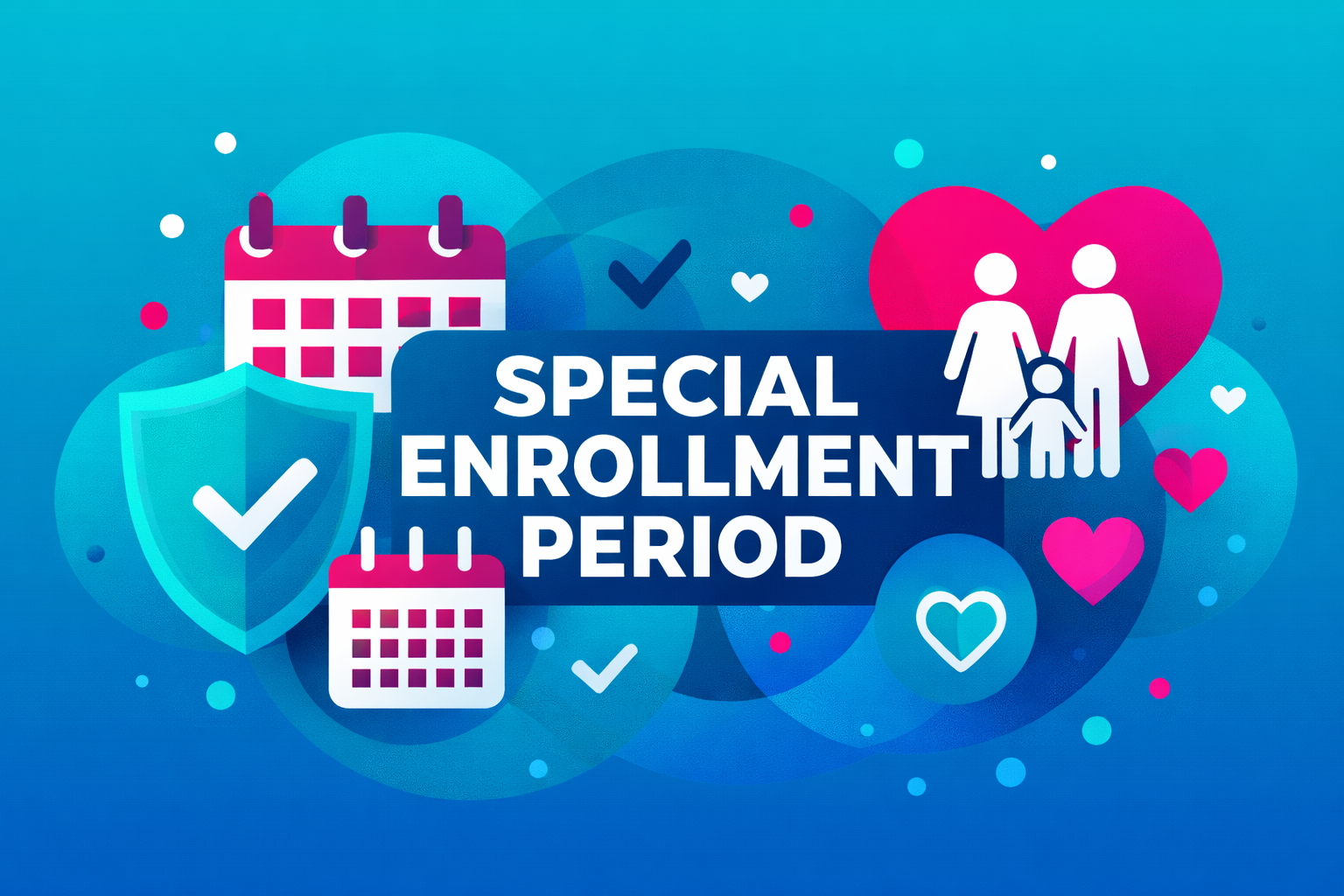Native American Heritage Month, observed in November, celebrates the rich and diverse cultures, traditions, and contributions of Native American and Alaska Native communities (also known as American Indian and Alaska Native (AI/AN) and offers an opportune moment to highlight the special provisions for Native Americans under the Affordable Care Act (ACA).
The primary objective of the Affordable Care Act is to enhance access to high-quality health coverage for every American, including the indigenous First Americans within our nation. Within the realm of health care policy, the ACA includes several provisions designed to address the unique healthcare needs and historical disparities faced by AI/AN communities.
These provisions are not only a testament to the importance of honoring AI/AN heritage but also a step toward improving health care access and outcomes for those who are AI/AN. Here’s a closer look at some of the special health care provisions established by the ACA for AI/AN populations.
- Health Insurance Marketplaces: The ACA established health insurance marketplaces where individuals and families can purchase private health insurance plans. Native Americans and Alaska Natives have special provisions in these marketplaces:
-
- Members of federally recognized tribes are exempt from the individual mandate penalty, meaning they are not required to have health insurance under the ACA.
- Native Americans and Alaska Natives can enroll in a marketplace plan or change plans once per month, rather than during the annual open enrollment period.
- Native Americans who earn less than 300% of the Federal Poverty Level (FPL) are exempt from cost sharing and qualify for premium tax credits. For example, they will not have to pay copayments or deductibles when they use medical services.
- They can also apply for cost-sharing reductions (CSRs) and premium tax credits on a monthly basis, which can make coverage more affordable.
- Reauthorization of the Indian Health Care Improvement Act (IHCIA): The ACA reauthorized and made permanent the Indian Health Care Improvement Act, which provides additional resources and support for health care services for Native Americans According to a report by the Kaiser Family Foundation, in 2013, prior to significant adoption of ACA nearly one in three AI/ANs were uninsured. Following the passage of the ACA, nationwide there was a decrease in the AI/AN uninsured rate from 23% to 15% of the population.
In Washington State alone, fifteen of the twenty-nine federally recognized tribes in the state have contracts to purchase insurance for their members on the Washington Health Benefit Exchange, according to HealthAffairs.com. Overall, the benefits of the ACA to AI/ANs are numerous, with nine out of every ten AI/ANs qualifying for financial assistance to purchase coverage, cost-sharing reductions to eliminate out of pocket costs or expanded Medicaid coverage. By permanently reauthorizing the Indian Health Care Improvement Act, the ACA significantly impacts how AI/ANs can meet their health care needs.
Now, more AI/ANs have multiple options to access affordable health care through the Marketplace, Medicaid, public programs and improved IHS services. AI/ANs can visit additional doctors, receive care at modernized medical facilities, experience improved delivery systems and benefit from an expanded health care workforce.






